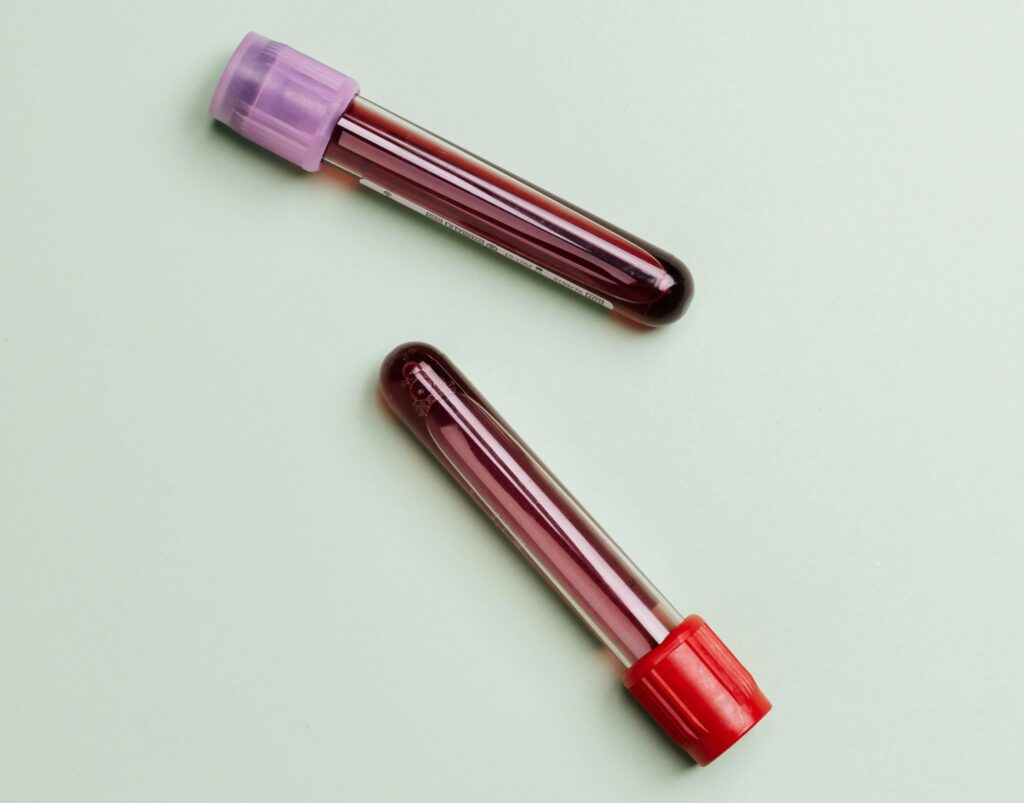Researchers at the University of Oxford have unveiled a new blood test – powered by machine learning – which shows real promise in detecting multiple types of cancer in their earliest stages, when the disease is hardest to detect.

Named TriOx, this innovative liquid biopsy test analyses multiple features of DNA in the blood to identify subtle signs of cancer, which could offer a fast, sensitive and minimally invasive alternative to current detection methods.
The study, published in Nature Communications, showed that TriOx accurately detected cancer (including in its early stages) across six cancer types and reliably distinguished those people who had cancer from those that did not.
Cancers are more likely to be cured if they’re caught early, and early treatment is also much cheaper for healthcare systems.
While the test is still in the development phase, it demonstrates the promise of blood-based early cancer detection, a technology that could revolutionise screening and diagnostic practices.
Liquid biopsies have become an important focus of research in recent years as a less invasive alternative to existing diagnostic tests. However, most liquid biopsy tests currently in the clinic only look at one or two features of the cancer DNA, which limits how well they can detect cancer.
In this study, which was funded by Innovate UK and the National Institute of Health and Care Research (NIHR) Oxford Biomedical Research Centre (BRC), the researchers combined a cutting-edge DNA analysis technique called TAPS with machine learning, to analyse and combine multiple key features from the DNA circulating in the blood.
This approach improves the detection of the small fraction of cancer DNA, making the TriOx test particularly sensitive for identifying cancer.

“Our new test brings together the best of cutting-edge science and machine learning,” explained Professor Anna Schuh, Professor of Molecular Diagnostics at the University of Oxford and lead researcher on the study.
“It allows us to look at the whole cancer genome, improving reliability. While this test is still early in development, with further work, we believe it has the potential to improve survival rates for millions worldwide, by enabling implementation of routine blood tests to catch cancer earlier, when it’s easier to treat.”
The TriOx test was evaluated on blood samples from patients with and without cancer who had been referred by their GP with symptoms that might be due to cancer, as well as on asymptomatic individuals without cancer.
It demonstrated the ability to detect cancers, including early-stage cancers, and distinguish between people who had cancer and those that did not with 94.9 percent sensitivity and 88.8 percent specificity. This would ensure that patients without cancer are not subjected to unnecessary procedures, while those with cancer can receive treatment sooner.
Co-lead researcher Dr Dimitris Vavoulis, a computational biologist at the Oxford Molecular Diagnostics Centre and the Centre for Human Genetics at the University of Oxford, said: “Many cancers, such as pancreatic and ovarian, often go unnoticed until they’ve advanced, when treatment is more difficult and less effective. Current screening methods are limited to a few cancers and are often invasive, deterring many from regular checks.
“Although our approach is still early in development, we envision that a simple blood draw could eventually be all that’s needed to screen for multiple cancers, giving patients and doctors a faster, more convenient tool to stay ahead of the disease.”
The research team is now developing and validating the test across more cancer types and larger patient groups. They’re also exploring ways in which TriOx could be integrated into routine healthcare in the future, with the ultimate goal of making early cancer detection as common as cholesterol or blood sugar testing.
The six cancer types evaluated in this study were colorectal, oesophageal, pancreatic, renal, ovarian and breast.
The research was conducted in collaboration with Exact Sciences. Anna Schuh is co-founder and Chief Medical Officer of SerenOx. TriOx is licensed to SerenOx.